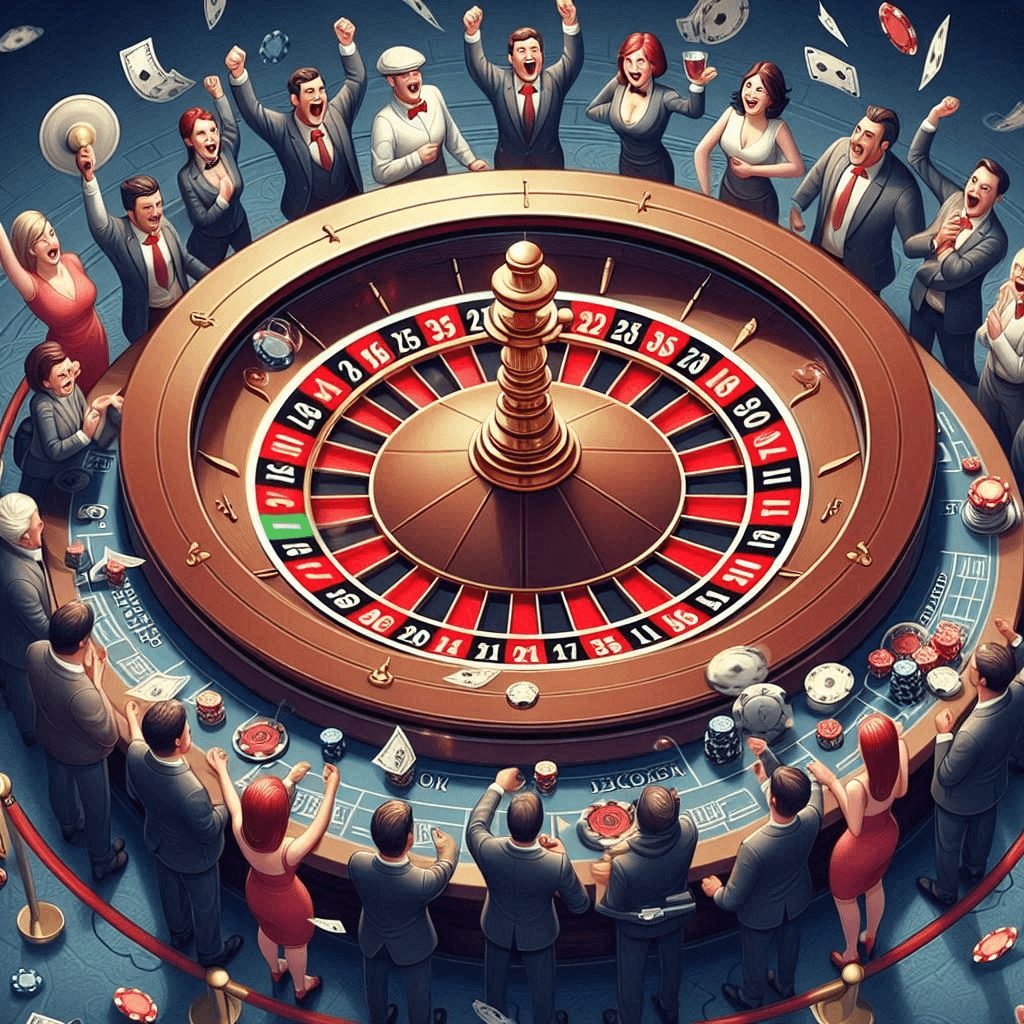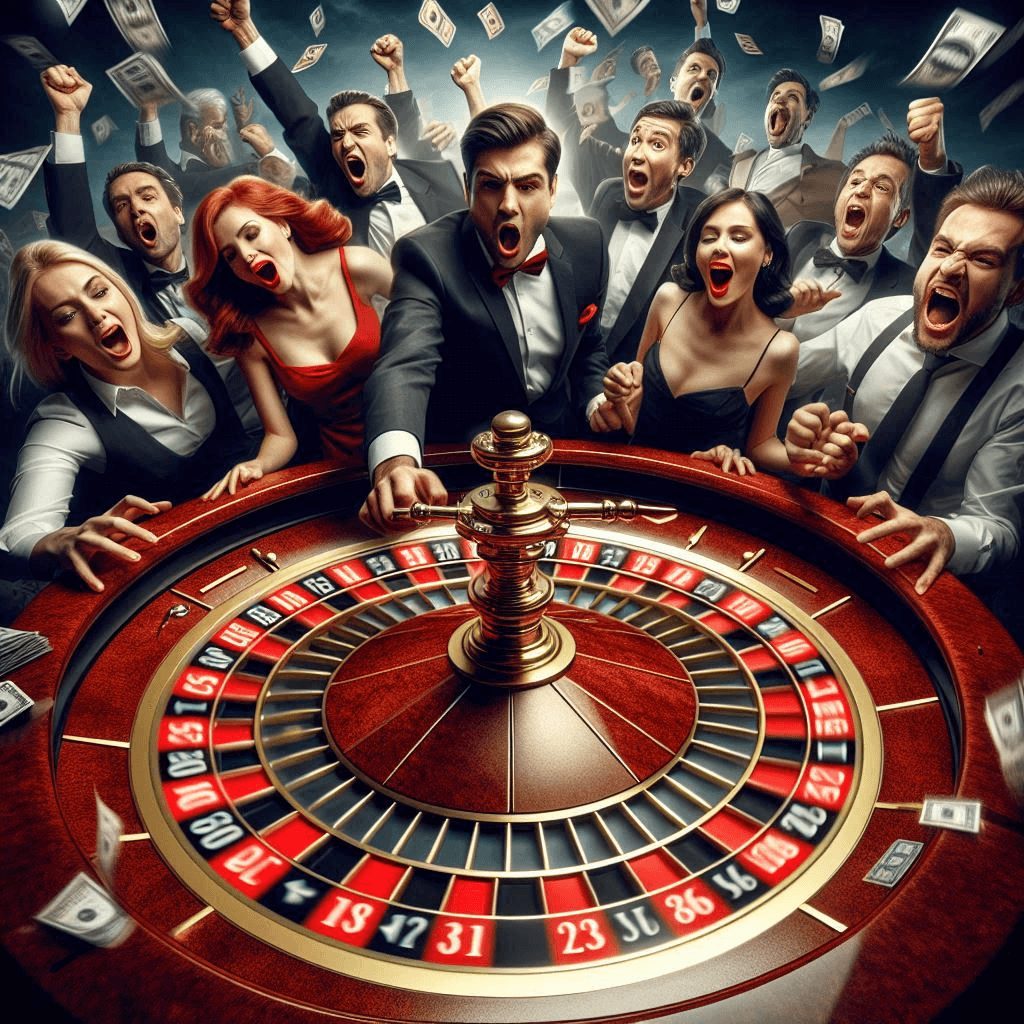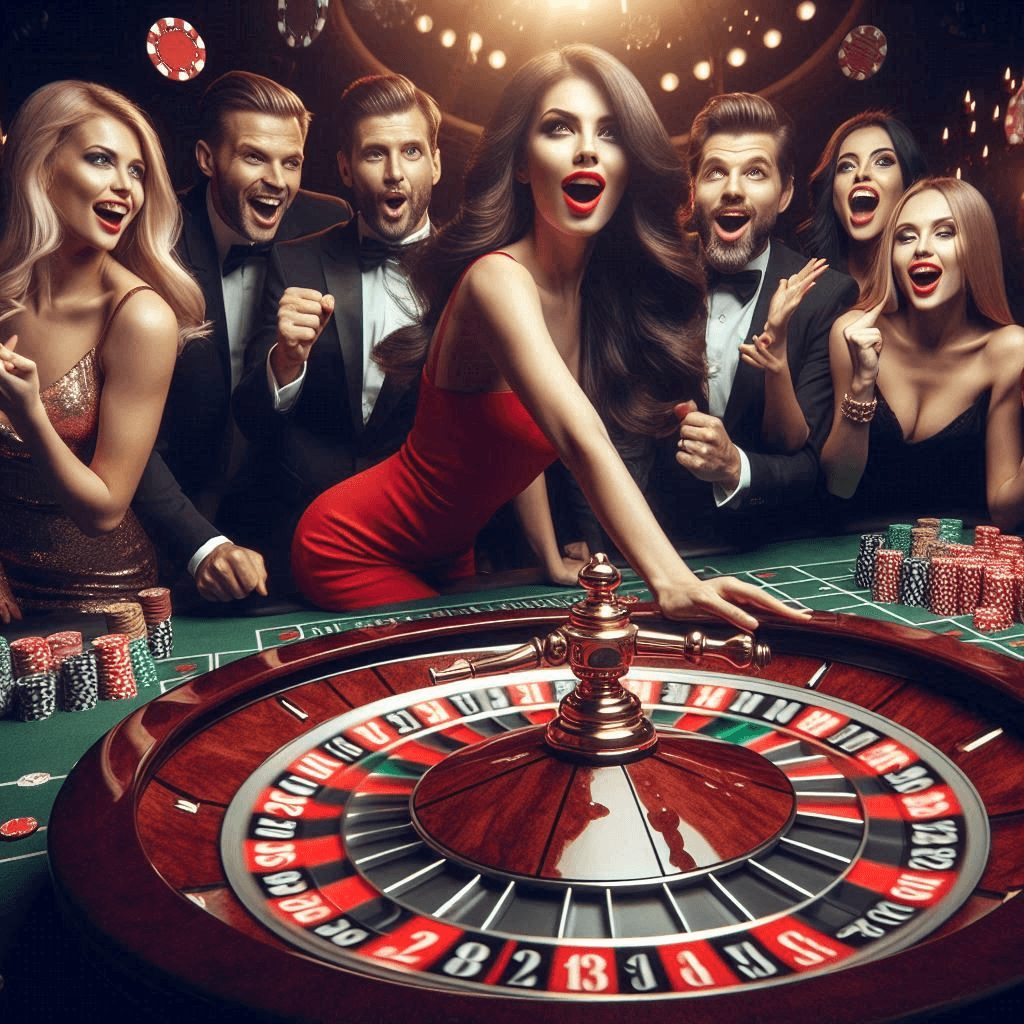Roulette, the timeless casino game that has captivated players for centuries, is more than just a game of chance. It is a window into the human psyche, a reflection of our innate desires for risk, reward, and the thrill of the unknown. In this comprehensive article, we will delve into the rich history, compelling strategies, and psychological underpinnings of this iconic game, shedding light on why it continues to be a beloved pastime for millions around the world.
The Origins of Roulette
The origins can be traced back to the 17th century, when the game was first introduced in France. The word “roulette” is French, meaning “little wheel,” and it is believed that the game was inspired by ancient Chinese and European wheel games. The modern version of roulette, however, was developed in the 18th century by mathematicians and engineers who sought to create a game that was both entertaining and mathematically sound.
The development was not without its challenges. Early versions of the game were criticized for their lack of fairness and the potential for abuse by casino operators. This led to the introduction of the single-zero wheel, which helped to balance the odds and make the game more attractive to players.
The Allure of Roulette
Roulette’s enduring popularity can be attributed to several factors. First and foremost, it offers a unique blend of chance and strategy, allowing players to feel a sense of control and agency even in the face of unpredictable outcomes. The spinning of the wheel and the dropping of the ball create a mesmerizing visual display that captivates the senses and heightens the anticipation of the final result.
Moreover, taps into our innate human desire for risk and reward. The potential to win big, combined with the thrill of the unknown, creates a powerful psychological draw that keeps players coming back time and time again. The game’s simplicity and accessibility further contribute to its widespread appeal, making it a favorite among casual and seasoned gamblers alike.
Roulette Strategies and Tactics
While it is ultimately a game of chance, there are various strategies and tactics that players can employ to improve their chances of success. One of the most well-known and widely used strategies is the Martingale system, which involves doubling the bet after each loss in the hopes of eventually recouping the losses and turning a profit.
Another popular strategy is the Fibonacci system, which is based on the Fibonacci sequence, a mathematical sequence where each number is the sum of the two preceding ones. This system aims to manage the player’s bankroll more effectively and minimize the risk of losing too much too quickly.
In addition to these mathematical strategies, there are also psychological tactics that players can use to enhance their enjoyment and potentially increase their winnings. For example, some players find that adopting a calm and focused mindset, as well as setting realistic expectations and limits, can help them make more informed decisions and avoid the pitfalls of emotional decision-making.
The Psychology of Roulette
It like many other casino games, taps into the complex and often fascinating realm of human psychology. The thrill of the unknown, the anticipation of the spin, and the potential for a life-changing payout all contribute to the game’s psychological allure.
One of the most intriguing aspects of the game experience is the concept of the “hot” and “cold” numbers. Many players believe that certain numbers are “due” to come up, or that the game has a memory of sorts. This belief, known as the gambler’s fallacy, is a cognitive bias that leads people to overestimate the likelihood of certain outcomes based on past events.
Similarly, the phenomenon of “chasing losses” is a common psychological trap that roulette players can fall into. When faced with a string of losses, some players become determined to recoup their losses, leading them to make riskier bets and ultimately dig themselves into a deeper hole.
Understanding these psychological factors can be crucial in developing a more balanced and sustainable approach to roulette. By recognizing the biases and emotional responses that can influence our decision-making, players can learn to make more informed choices and potentially improve their chances of success.


The Social Aspect of Roulette
It is not just a game of chance; it is also a social experience that brings people together. The energy and excitement of a crowded roulette table, with players cheering and groaning in unison, can be a thrilling and captivating sight to behold.
The social element of roulette can also be a valuable tool for players. By observing and interacting with other players, individuals can gain valuable insights into the game’s dynamics, pick up on subtle cues, and potentially identify patterns or trends that could inform their own decision-making.
Moreover, the camaraderie and shared experience of roulette can foster a sense of community among players. This social aspect can enhance the overall enjoyment of the game and provide a platform for building friendships and connections with like-minded individuals.
The Future of Roulette
As technology continues to evolve, the future of roulette is likely to be shaped by the advent of new platforms and innovations. The rise of online and mobile casino gaming, for example, has already had a significant impact on the roulette landscape, allowing players to experience the thrill of the game from the comfort of their own homes.
Additionally, the integration of virtual reality (VR) and augmented reality (AR) technologies could revolutionize the game experience, offering players a more immersive and personalized gaming environment. These advancements could enhance the social aspect of the game, allowing players to interact with each other in virtual spaces and potentially even participate in remote, multi-table tournaments.
Despite these technological advancements, the core appeal of roulette is likely to remain unchanged. The game’s timeless charm, the thrill of the spin, and the allure of the potential payout will continue to captivate players for generations to come.
Conclusions
Roulette, with its rich history, compelling strategies, and psychological depth, is much more than just a game of chance. It is a window into the human experience, a reflection of our desires for risk, reward, and the thrill of the unknown.
Whether you are a seasoned game veteran or a newcomer to the game, there is always something new to discover. By understanding the game’s origins, strategies, and psychological underpinnings, players can enhance their enjoyment and potentially improve their chances of success.
As technology continues to shape the future of roulette, one thing remains certain: the enduring appeal of this iconic casino game will continue to captivate and enthrall players around the world for years to come.
FAQs
-
What is the origin of roulette?
Roulette has its origins in 17th century France, where it was first introduced as a game of chance. The name “roulette” is French, meaning “little wheel,” and the game was likely inspired by ancient Chinese and European wheel games.
-
What are the different roulette strategies and tactics?
Some of the most well-known roulette strategies include the Martingale system, which involves doubling the bet after each loss, and the Fibonacci system, which is based on the Fibonacci mathematical sequence. Additionally, psychological tactics, such as maintaining a calm mindset and setting realistic expectations, can also be effective.
-
How does the psychology of roulette influence players?
Roulette taps into various psychological aspects, such as the gambler’s fallacy (the belief in “hot” and “cold” numbers), the thrill of the unknown, and the tendency to chase losses. Understanding these psychological factors can help players make more informed decisions and avoid common pitfalls.
-
What is the social aspect of roulette?
Roulette is not just a game of chance; it has a strong social element. The energy and excitement of a crowded roulette table can be a thrilling experience, and observing and interacting with other players can provide valuable insights and foster a sense of community.
-
How might the future of roulette be shaped by technological advancements?
The future of roulette is likely to be influenced by the rise of online and mobile casino gaming, as well as the integration of virtual reality (VR) and augmented reality (AR) technologies. These advancements could enhance the gaming experience, offering players more immersive and personalized roulette environments.
